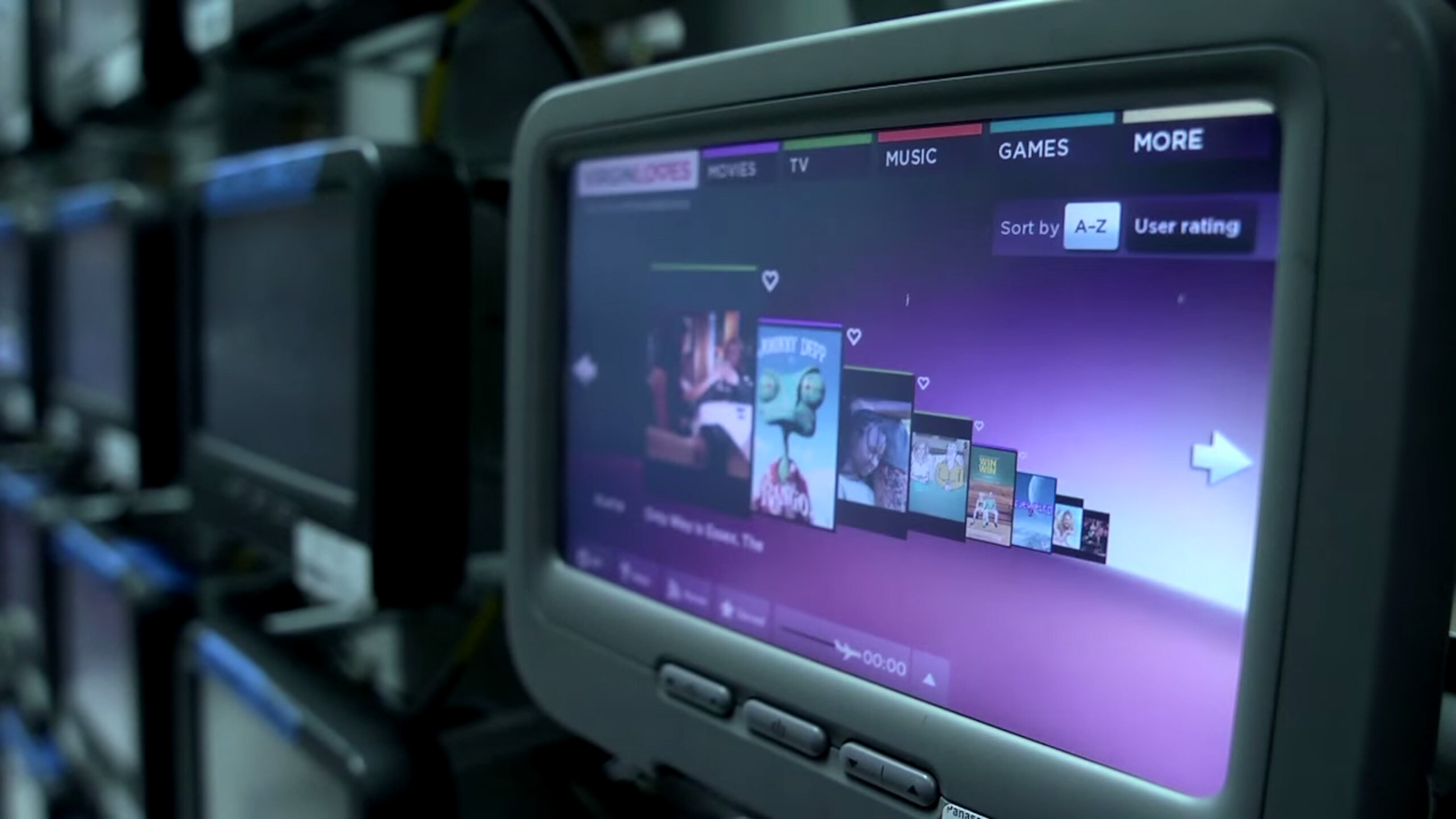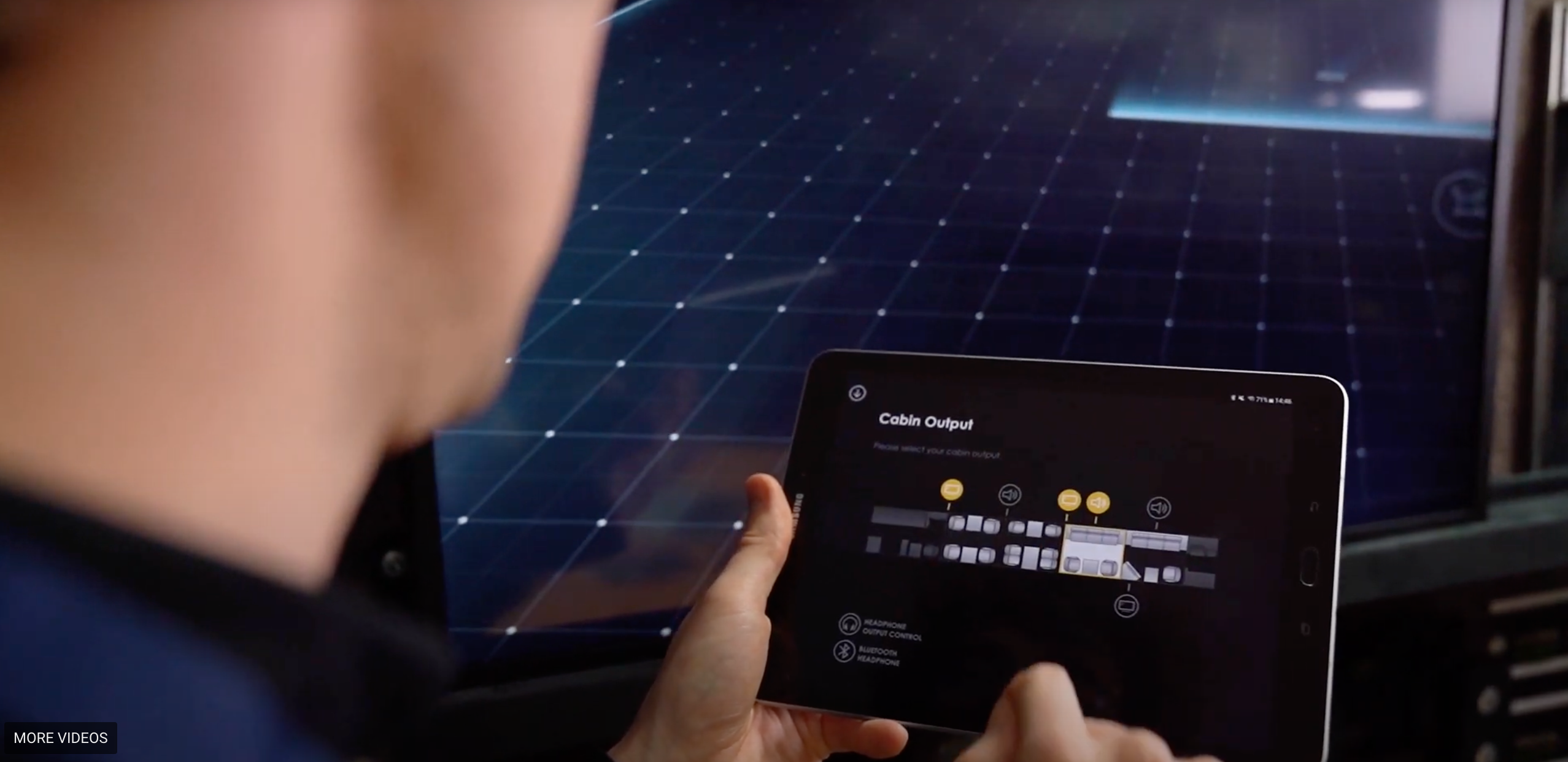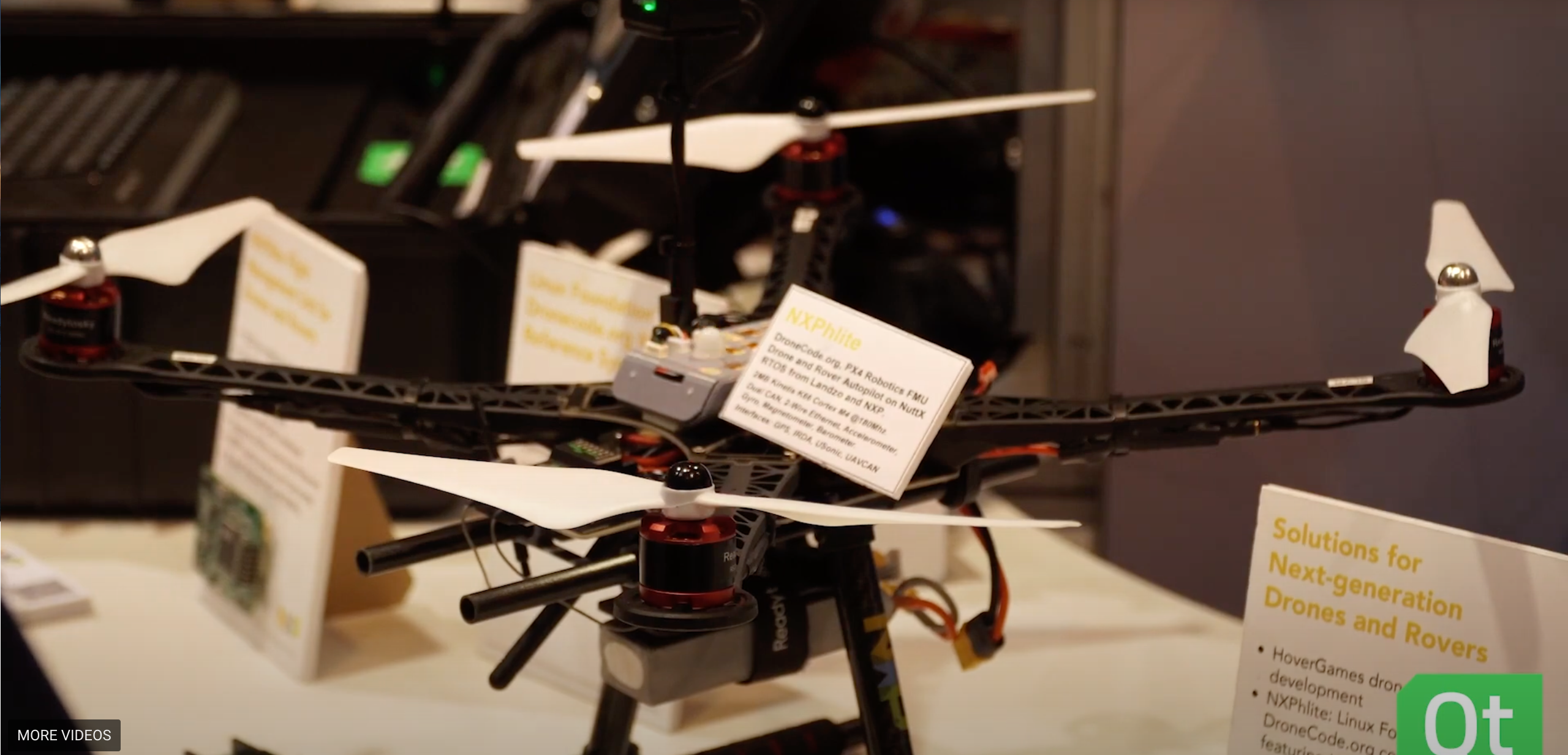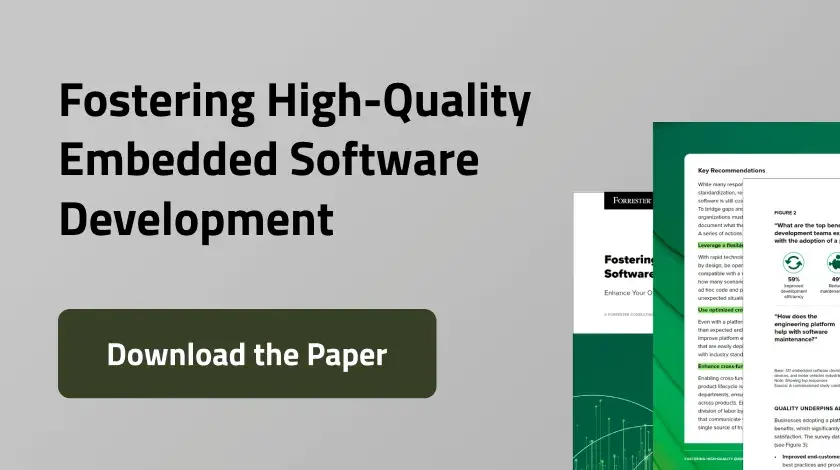Build Safe and Secure Software for Aviation and Aerospace
Take your aviation software engineering to new heights with accelerated time-to-market. Qt’s comprehensive cross-platform tools empower your aviation or aerospace development team to meet the software requirements with high performance, compatibility, reliability, and scalability.
Explore Qt Development Framework and Tools

Lower the Total Cost of Aviation Software Engineering with Faster Development
Design cost-effective and adaptable systems according to Modular Open Systems Approach (MOSA) principles of interoperability, expense reduction, and flexibility.
Qt provides a robust set of libraries and tools for creating modular software architectures, allowing you to select and integrate the necessary components while promoting seamless interoperability. Qt's production-proven components can be reused across projects, saving development time and reducing costs. Consistent APIs across platforms ensure smooth communication between modules. The dynamic loading and responsive layouts support your team in creating one HMI that can run on different screen sizes and target hardware.
Qt framework and tools enable a fast workflow from prototyping to testing. Developers can seamlessly export designs from design tools like Figma with Qt Design Studio for easy UI creation, continue taking the development project further with Qt Creator, and utilize modules like Qt Quick, which offer ready-to-use high-level components with optimal performance. Boot to Qt provides an easy start on prototyping for embedded devices. Qt's cross-platform and cross-compilation capabilities allow your team to choose their own development setup.

Meeting the Aviation Industry Standards of Quality, Safety, and Security
Qt Quality Assurance tools enable a shift left in assuring the software quality, including compliance with coding guidelines (Axivion), code coverage analysis (Coco), and automated QA tooling for early verification of the software functions (Squish).
The later any software issues are discovered in the product lifecycle, the more expensive the repair will be. The shift-left method Qt Quality Assurance tooling supports emphasizes early testing and defect detection. By catching issues during development, teams reduce rework, enhance code quality, and accelerate delivery cycles. The Qt Quality Assurance tools Squish and Coco are fit to be used for safety-critical software applications in compliance with safety standards and regulatory bodies, including DO-330: for Airborne Systems subject to DO-178C and DO-278A and IEC 61508: Functional Safety of Electrical/Electronic/Programmable Electronic Safety-related Systems.
Adherence to MISRA guidelines is a standard practice, particularly in embedded systems where functional safety is paramount. With Axivion, you can ensure compliance with the MISRA Coding Guidelines while developing safety-critical software. Axivion Static Code Analysis includes a Common Weakness Enumeration (CWE) Checker, enabling you to proactively identify security issues listed in the CWE within your code. Furthermore, Axivion Architecture Verification allows you to analyze your software architecture, helping uncover security vulnerabilities stemming from architectural decisions.

Unlocking the High Performance and Efficiency of Avionics Software
The Qt framework delivers optimized performance and resource efficiency while seamlessly mitigating the risk of unexpected failures or disruptions.
The commitment to stability, resiliency, and reliability is crucial for aviation systems, where safety and uninterrupted functionality are non-negotiable. By adhering to best practices and continuous security assessments, Qt ensures the integrity and safety of aviation software. Qt provides compatibility with multiple Real-Time Operating System options. This flexibility allows developers to choose the most suitable RTOS for their aviation project requirements. Tools like Qt Safe Renderer ensure functional safety by partitioning the safety-critical functionality into an independent subsystem running its own process. Qt provides Long Term Support (LTS) versions, guaranteeing the relevant safety and critical fixes. Additionally, Qt can provide a comprehensive Software Bill of Materials (BOM) for transparency and compliance.
For creating advanced, high-performing UI designs, Qt offers efficient 3D rendering, powerful mapping capabilities via Qt Location and Qt Positioning, and an intuitive Qt Graphs module for height maps, spectrograms, and scatter graphs. Inside Qt Creator, you'll find out-of-the-box debugging and performance analysis tools to confirm that the UIs you create meet the high-performance requirements.
-May-30-2024-06-01-46-0438-AM.png?width=850&name=MicrosoftTeams-image%20(5)-May-30-2024-06-01-46-0438-AM.png)
Flexibility and Scalability for Futureproofing Aviation Software
Qt framework's modular approach empowers your team to develop scalable solutions while maintaining flexibility across the aviation software creation.
In aviation & aerospace software development, maintaining flexibility while adhering to safety standards is paramount. Qt framework's modular approach allows developers to use only what's needed, avoiding bloated software. Whether customizing existing modules or creating new ones, our straightforward plugin creation capabilities empower you to build scalable solutions. Qt provides production-proven components and functions that can be reused across different projects.
Reusability also means not needing to rewrite components due to version changes in the development framework. Qt framework's commitment to version compatibility with backward binary and source compatibility in minor releases ensures smooth version transitions without costly rewrites. Qt's tools also support customizable offline installations. This feature is particularly valuable for secure air-gapped networks in aviation environments. Developer teams can tailor installations to meet specific needs without compromising security.
Customer Stories Built with Qt

Panasonic Avionics uses Qt for developing certification apps and in-flight entertainment systems, ensuring designs are consistent across all devices.

SaaB Technologies uses Qt for air and marine traffic management software, valuing its flexibility, user documentation, and examples, with plans to enhance testing and performance using Qt WebAssembly and QML.

Yuneec uses Qt for their ground control stations, maintaining a lean codebase with a small team, ensuring a unified user experience across platforms, and exploring 3D mission planning enhancements.

Lufthansa Technik uses Qt for cross-platform cabin management and inflight entertainment systems, enabling rapid prototyping and easier maintenance across devices.

NXP's drone program accelerated development using Qt, enabling quick updates, new tech integration, and timely market entry, crucial to its success.

Skyguide uses Squish for comprehensive test automation across platforms, simplifying the testing of its flight radar system and enhancing collaboration between team members.

HENSOLDT uses the Axivion Suite for aerospace software, reducing integration effort and risk, ensuring architecture compliance, and enhancing development by promptly correcting deviations.
More About Tools for Aviation & Aerospace Software Development
Build Safe & Reliable Embedded Devices
With Qt Safe Renderer, you can develop modern embedded systems that are both functionally safe and fully dependable.
Read moreAutomated GUI Testing that Works
Take the complexity out of testing graphical user interfaces (GUIs) and human-machine interfaces (HMIs) – even in the face of product evolution and safety-critical applications.
Read moreStatic Code Analysis & Architecture Verification
Enhance the efficiency and productivity of your team and maintain the high quality of your code.
Build Your next Avionics or Aerospace Software with Qt
Revolutionize your aviation software engineering by harnessing the power of interoperability and cross-platform functionality, ensuring your applications operate flawlessly both in the skies and on the ground with unparalleled security.
In the critical sectors of aviation and aerospace, where safety and precision are paramount, there’s no room for compromise on the integrity, performance, and reliability of your software solutions. Qt equips your development team with the advanced framework and tools necessary for crafting superior aviation UI applications, backed by a suite of thorough architecture verification, analysis and testing capabilities.

